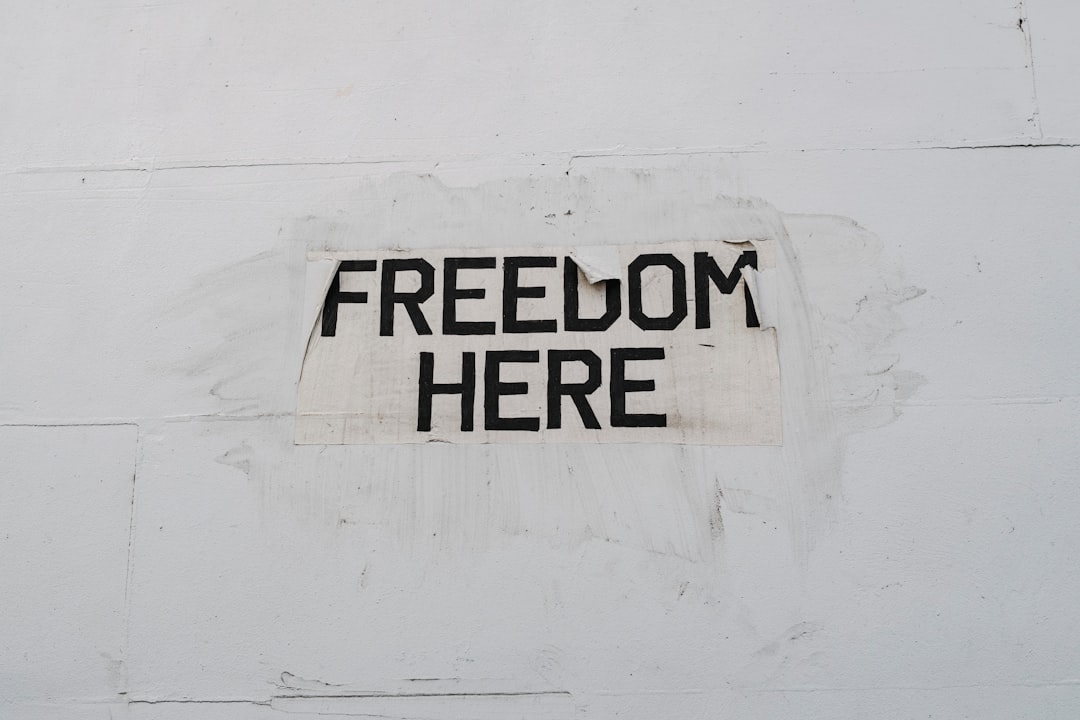
Government Control Threatens Freedom through Dubious Regulation Implementations
Ah, the beauty of government regulation. Just when you thought you could enjoy a little independence, along comes the grand puppet master to remind you that your freedoms are but a flickering candle in the wind. Enter stage left: the World Economic Forum (WEF) and the illustrious Klaus Schwab, whose vision for a “better” world often looks suspiciously like a dystopian novel.
The Illusion of Progress
Let’s unpack this delightful package of government control wrapped in the shiny bow of regulation. Proponents of the WEF and their ilk insist that their regulations are for our own good. After all, who wouldn’t want cleaner air, fair wages, and safe food? But hold your horses, folks! Beneath this façade of altruism lies a labyrinth of dubious regulations that threaten the very freedoms they claim to protect.
For instance, consider the endless layers of bureaucracy that have infiltrated small businesses. Many entrepreneurs are caught in a web of red tape so thick it makes tar look like a light drizzle. According to the National Federation of Independent Business, 76% of small business owners believe that excessive government regulation is a significant obstacle to growth. If only the WEF could understand that strangling small businesses with regulations doesn’t magically create a utopia; it just ensures that fewer people can chase their American Dream.
The Data Doesn’t Lie
The numbers paint a grim picture. A report from the Mercatus Center reveals that federal regulations cost an estimated $1.9 trillion annually, which translates to about $15,000 for every American household. That’s not just a dent in your wallet; that’s a full-on heist, all in the name of “progress.” And who benefits from this? Bureaucrats and large corporations that can afford to navigate the regulatory maze while the little guy gets steamrolled.
Now, you might argue that some regulations are necessary for consumer protection. Fair point! But when these regulations become tools of control rather than agents of safety, we have a problem. Let’s not forget the infamous “nanny state” that tells us how much sugar we can consume and what kind of lightbulbs we are allowed to use. Does anyone else see the irony here? The government, ostensibly acting in our best interests, is simultaneously infringing upon our personal choices and freedoms.
The Globalist Agenda
Enter the WEF, armed with its Great Reset campaign. The idea is to “reset” capitalism for a more equitable world. Sounds nice, doesn’t it? But behind the curtain lies a globalist agenda that seeks to undermine national sovereignty in favor of a one-size-fits-all approach. The WEF’s penchant for dubious regulations is a direct threat to the freedom of nations to govern themselves without external interference.
These regulations are often couched in the language of sustainability and equity. Yet, what they really represent is a power grab that diminishes individual rights. For example, the push for digital currencies controlled by central banks could very well lead to increased surveillance of financial transactions. Imagine a world where your spending habits are monitored and judged by a faceless bureaucrat. “Oh, you bought a steak last week? You must not care about the planet!” The slippery slope is real, folks.
Counterarguments and Rebuttals
Of course, there will be those who argue that regulation is necessary to curb corporate greed and protect the environment. And while I don’t disagree with the sentiment, the execution often falls woefully short. The regulations intended to protect us can turn into tools for oppression, especially when they are enforced by an ever-expanding government apparatus.
Moreover, the claim that we need global cooperation to solve problems like climate change is a classic case of using fear as a weapon to strip away freedoms. The reality is that local solutions, driven by individual initiative and innovation, are far more effective than bureaucratic mandates.
Conclusion: A Call to Action
In conclusion, it’s time we take a stand against dubious regulations that threaten our freedoms in the name of progress. The WEF and its globalist agenda represent a clear and present danger to our liberties. We must advocate for policies that empower individuals and small businesses rather than suffocate them under layers of unnecessary regulation.
We need to demand transparency, accountability, and a return to common sense. The more we allow the government to dictate our choices, the further we drift from the freedoms that are supposed to define us. So, let’s put down the sugar-coated rhetoric and start a conversation about true freedom—one that doesn’t come with a side of government control.
Let’s keep the flame of liberty alive and remind the world that freedom is not a privilege granted by the government; it is a right that must be fiercely defended.


